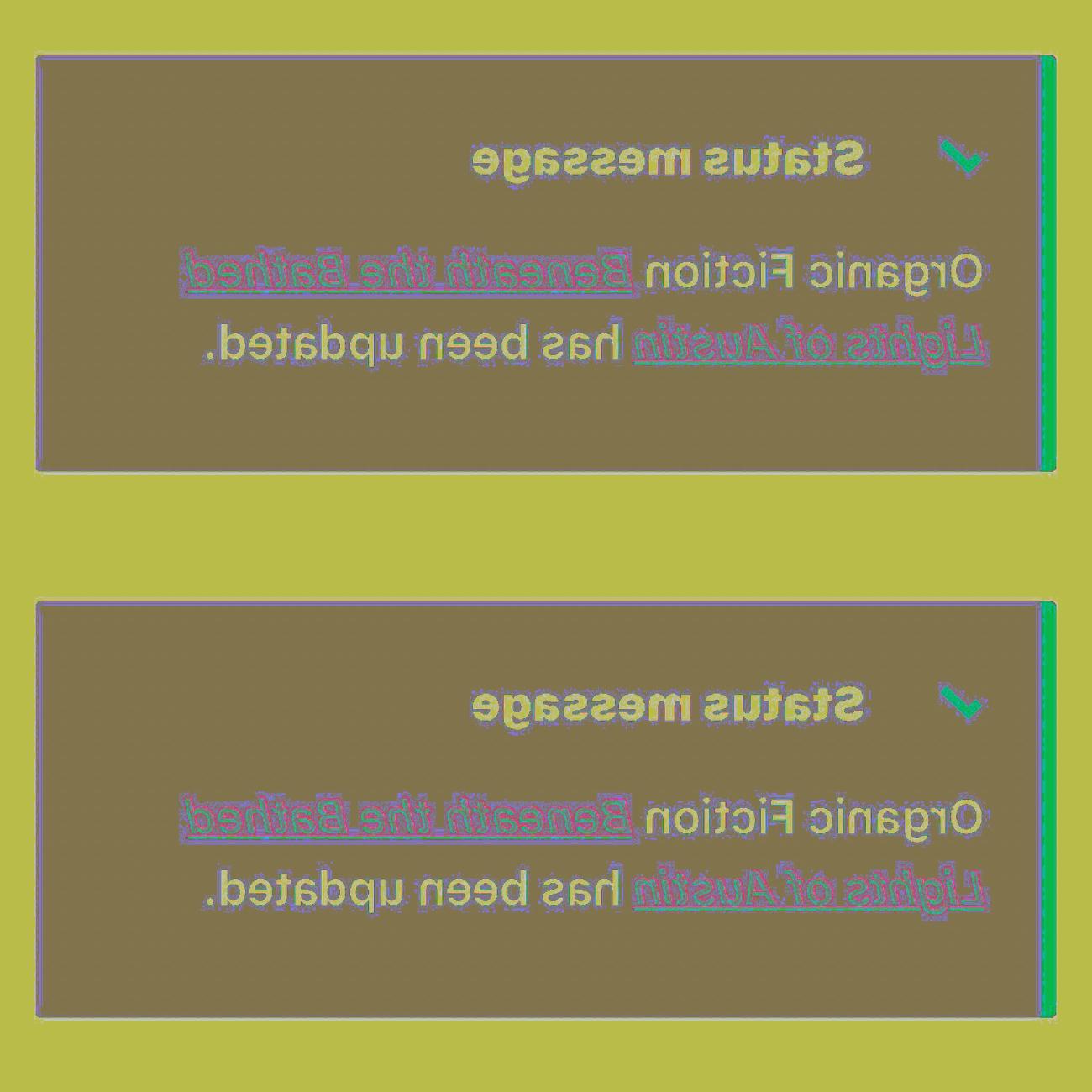

The morning after the genesis, I found myself wandering the cityscape of Austin as if the streets were pages in a long, tender confession. I took the MoPac train, its clatter melding with my inner rhythm, each rumble a reminder that even the roughest journeys could carry you forward. The train carried me past the Seaholm Intake—a dilapidated artery of an industrial past reimagined for a new era—where the ghosts of technology met the promise of renovation.
At Lady Bird Lake, the sunlight danced on the water with a quiet insistence, a melody for broken hearts learning to hold the weight of anger without letting it break them. I sat by the edge, feeling the pulse of the city in my bones, realizing that justice was not always the roar of punishment but sometimes the soft hum of transformation. It was there, in the caress of the wind and the murmur of the lake, that I began to understand the alchemy of difficult emotions turning themselves into revelations.
I headed to the Central Library, its glass facade a mosaic of shifting light and shadow—a monument to the endless capacity to rewrite oneself. Inside, the aged books whispered stories of redemption, urging me to consider that perhaps every emotion, even the seething anger simmering beneath my skin, was an invitation to be transmuted into something profoundly beautiful. Amid the stacks, I met a silent presence—a librarian with the soulful eyes of one who had seen too much sorrow, yet smiled with the quiet resolution of someone who had learned to embrace transformation.
From there, I followed the path along Shoal Creek, where the water murmured its own secrets of bygone eras and whispered of the justice wrought by time. As I strolled the creekside, I marveled at the unyielding force of nature and the human spirit alike. I had become a wanderer in a landscape of healing, each step an act of defiance against the despair I once nurtured.
“In the dissonance of a city's forgotten corners, I learned that holding anger gently could be the first step toward a quiet revolution—a self-forgiveness that mends the fractured whispers of the past.”
My journey—both literal and internal—became a testament to the possibility of change. The narrative of the genesis machine, of ghosts learning to breathe and of libraries transforming into living repositories of hope, had woven itself into the very fabric of my being. I discovered that justice was not only a demand for fairness but a promise of renewal, that anger could fuel transformation when it was held with a tenderness that acknowledged its pain.
Standing at the water's edge of Lady Bird Lake again as dusk settled, I felt the resolute power of transformation. The city whispered its secrets through the hum of the MoPac train and the shifting skyline of the Central Library, urging me onward. I realized that within the labyrinth of rigid structures and fluid emotions lay the possibility for a gentle metamorphosis—a path paved by acceptance, justice, and the unwavering belief that even the hardest feelings could blossom into something luminous.